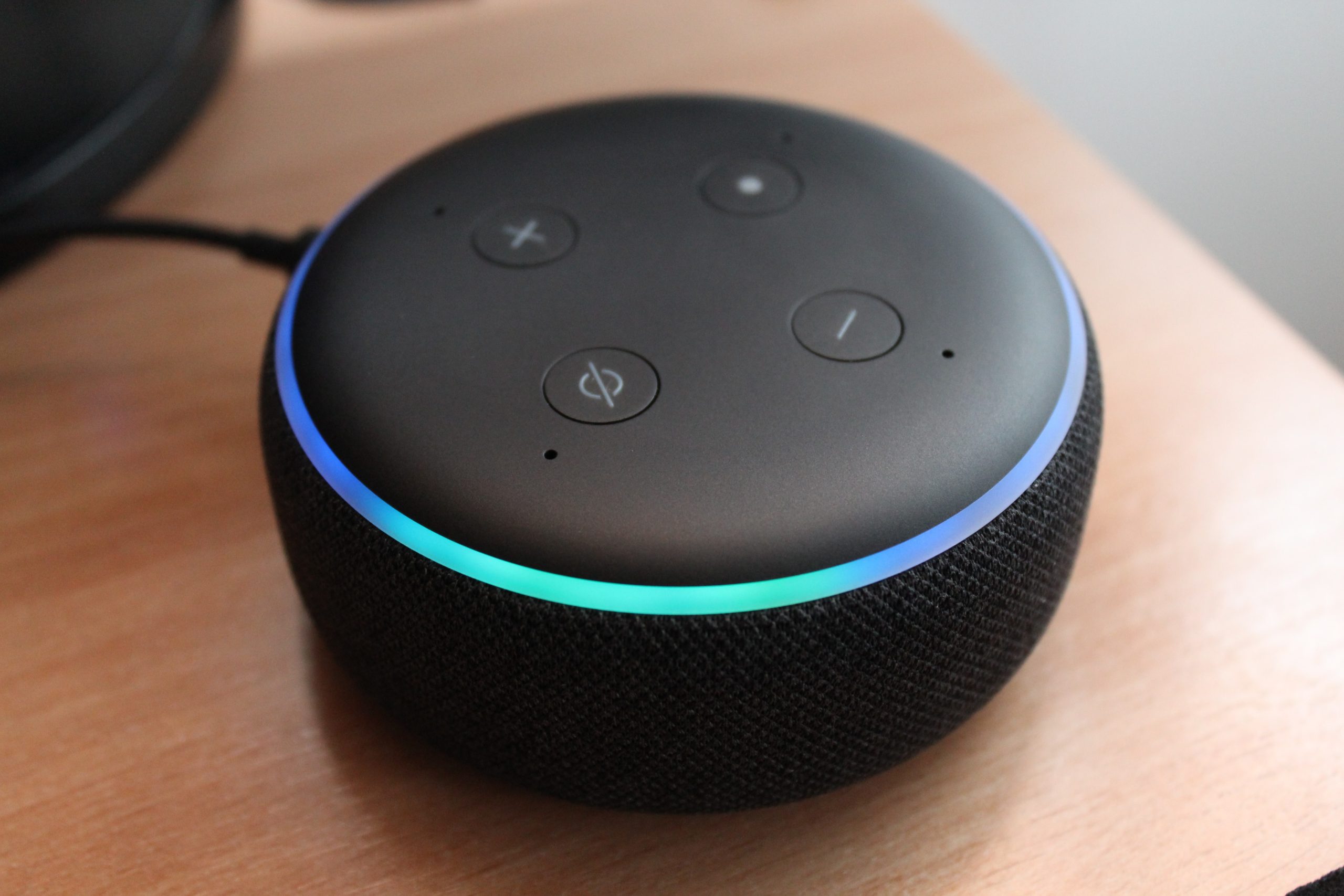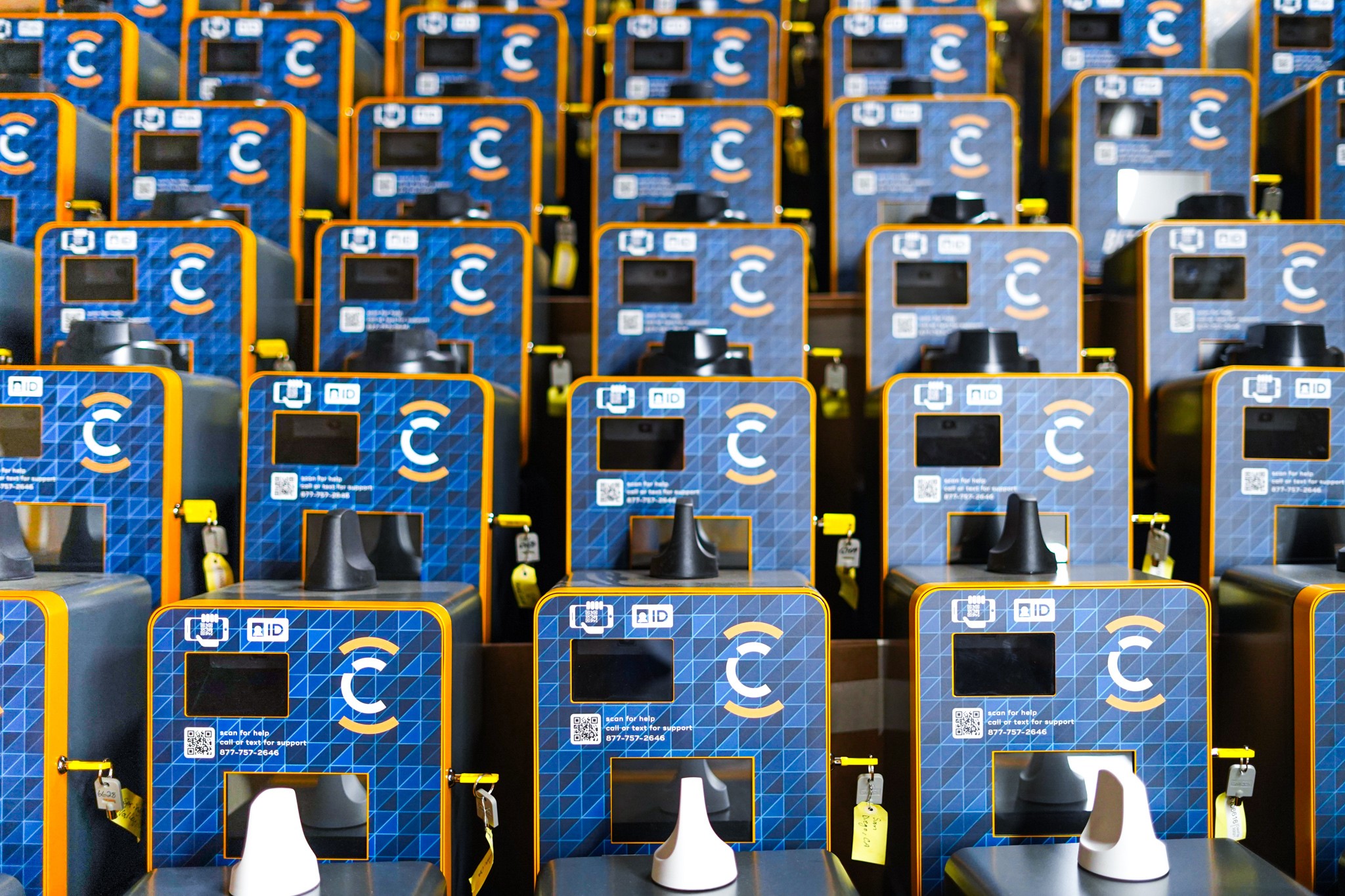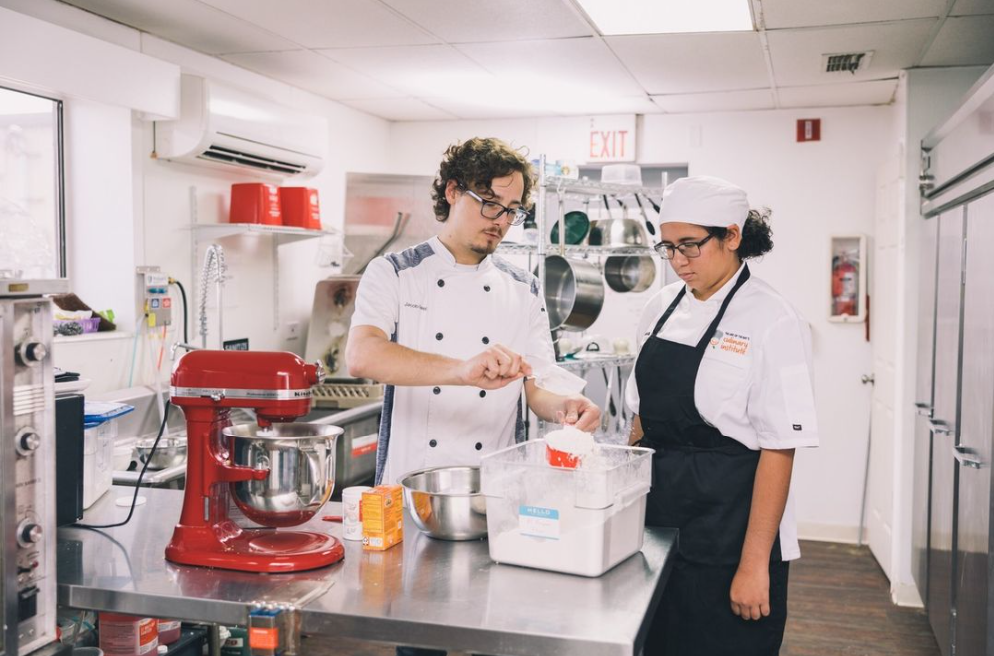Voice assistants like Alexa and Siri can stunt a child’s social and emotional development, new research reveals.
Most smartphones children use have a voice app, such as Amazon’s or Apple’s smart technology. However, scientists now say they can impede critical thinking, empathy, compassion, and learning skills.
“The lack of ability to engage in non-verbal communication makes use of the devices a poor method of learning social interaction,” writes Anmol Arora of the University of Cambridge in a media release. “While in normal human interactions, a child would usually receive constructive feedback if they were to behave inappropriately. This is beyond the scope of a smart device.”
Related: Number of Health Weight Children Dieting Has Tripled
Preliminary research on the use of voice assistants as social companions for lonely adults is encouraging. But it’s not at all clear if this also applies to children.
“This is particularly important at a time when children might already have had social development impaired as a result of COVID-19 restrictions and when [they] might have been spending more time isolated with smart devices at home,” Dr. Arora emphasizes.
Study authors note that gadgets can act as “friends,” boosting reading and communication skills. However, the human-sounding voices – based on advanced AI – have prompted concerns about possible long-term effects on youngsters’ brains at a crucial time in their growth.
Three broad areas of concern include inappropriate responses, impeding social development, and hindering learning, Dr. Arora says. The researcher adds that an example would be one device suggesting a 10-year-old should try touching a live plug with a coin.
“It is difficult to enforce robust parental controls on such devices without severely affecting their functionality,” the researcher suggests.
Smart devices don’t teach kids any manners
Privacy issues have also arisen in respect to the recording of private conversations, the study authors say. Additionally, the devices don’t teach kids how to behave politely. This is because there’s no expectation of a “please” or “thank you” and no need to consider the tone of voice.
Voice assistants are designed to search for requested information and provide a concise, specific answer. Unfortunately, this may hinder traditional processes by which children learn and absorb information.
When children ask questions, an adult can request contextual information, explain the limitations of their knowledge and probe the child’s reasoning. These are things a process voice assistants can’t replicate. Searching for information is also an important learning experience, which teaches critical thinking and logical reasoning.
“The rise of voice devices has provided great benefit to the population. Their abilities to provide information rapidly, assist with daily activities, and act as a social companion to lonely adults are both important and useful, the author acknowledges,” Dr. Arora says.
“However, urgent research is required into the long-term consequences for children interacting with such devices,” Arora concludes. “Interacting with the devices at a crucial stage in social and emotional development might have long-term consequences on empathy, compassion, and critical thinking.”
The findings are published in the journal Archives of Disease in Childhood.




























